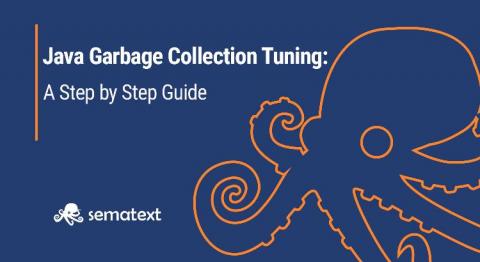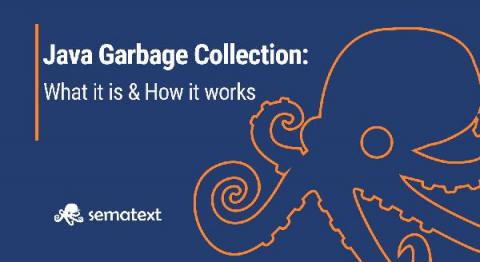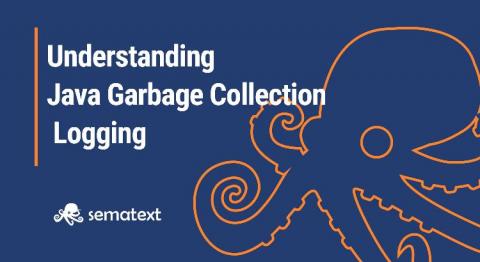Three Ways to Create Docker Images for Java
Long before Dockerfiles, Java developers worked with single deployment units (WARs, JARs, EARs, etc.). As you likely know by now, it is best practice to work in micro-services, deploying a small number of deployment units per JVM. Instead of one giant, monolithic application, you build your application such that each service can run on its own. This is where Docker comes in!










